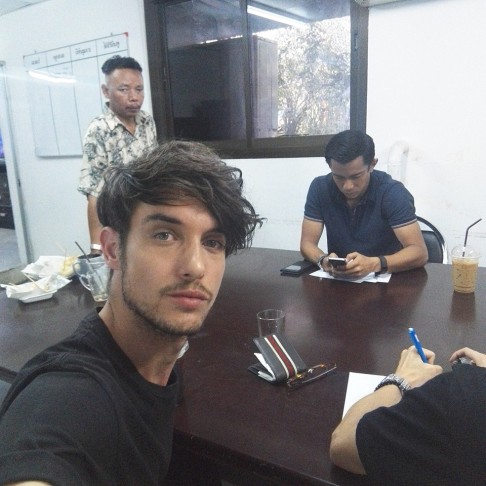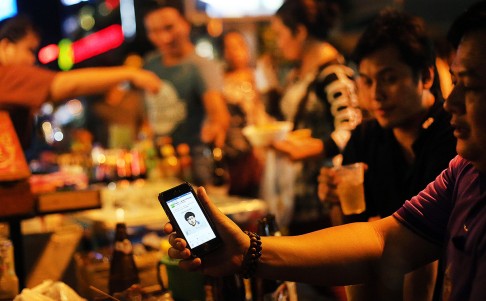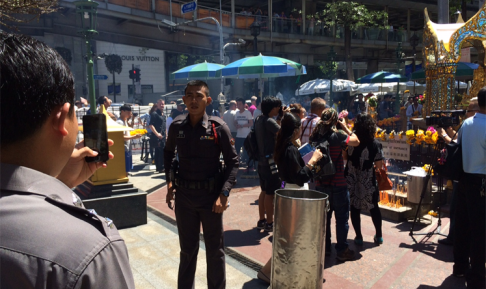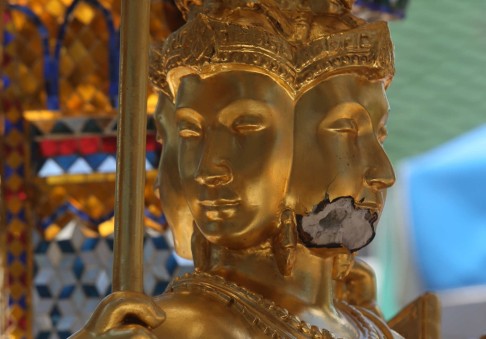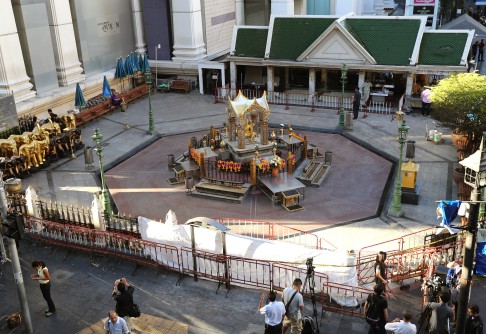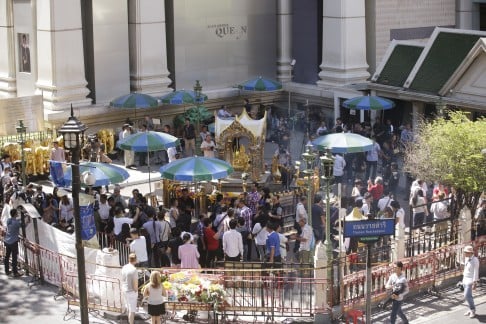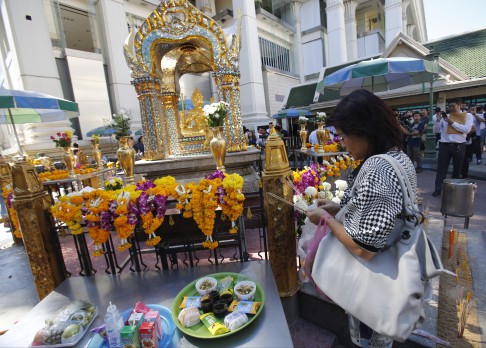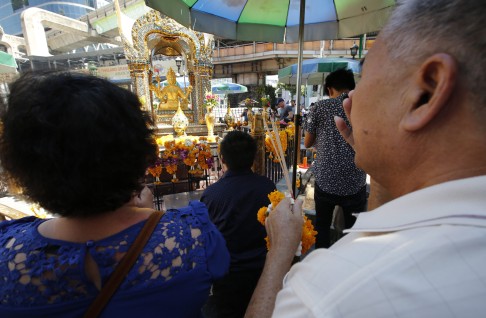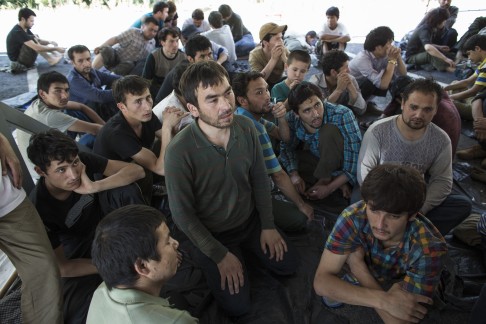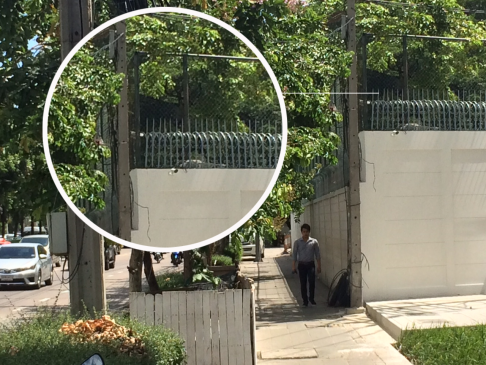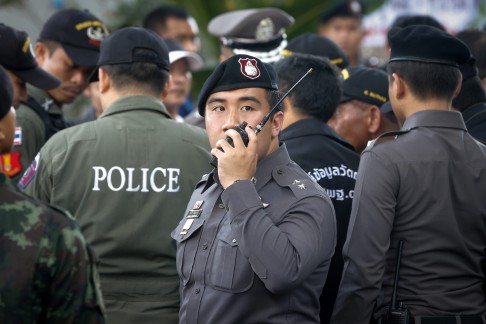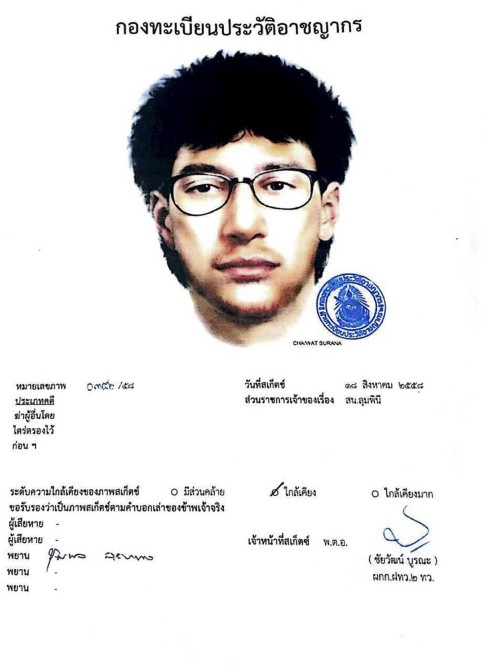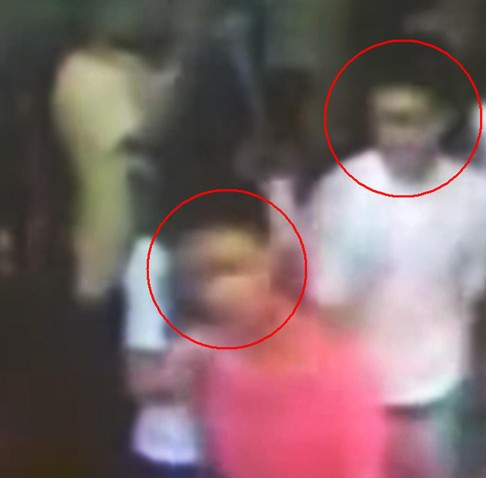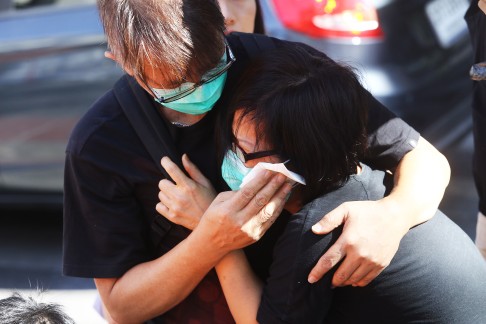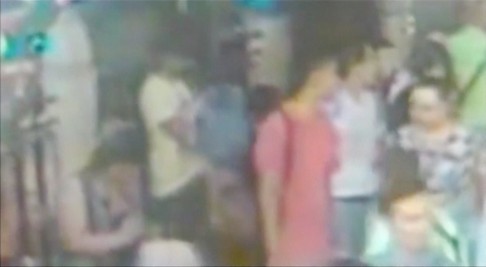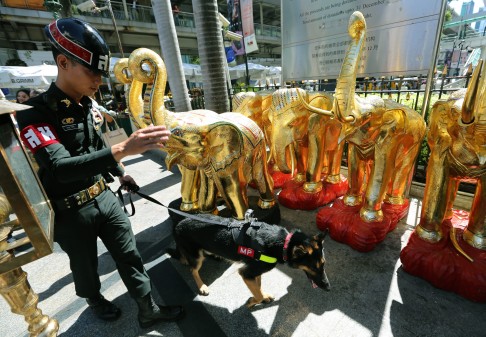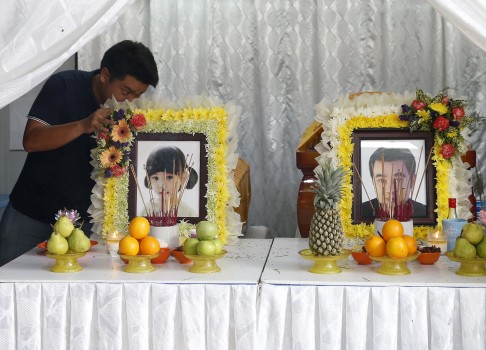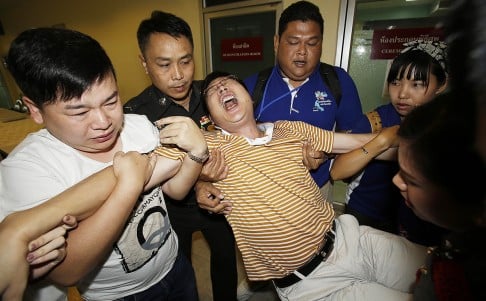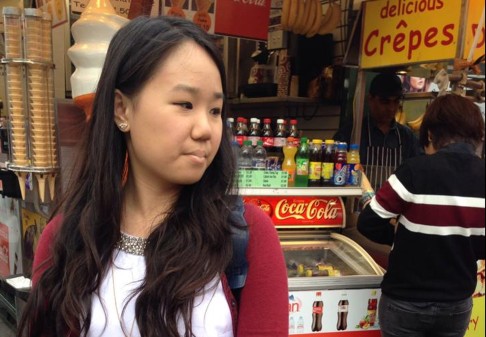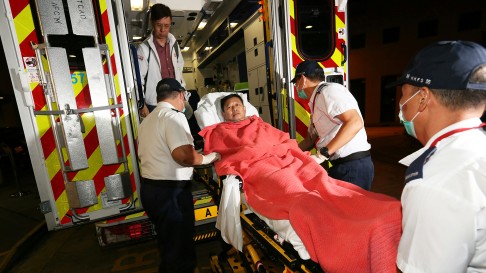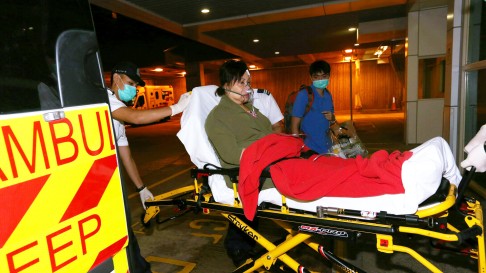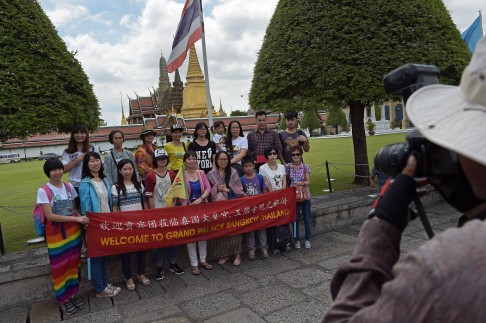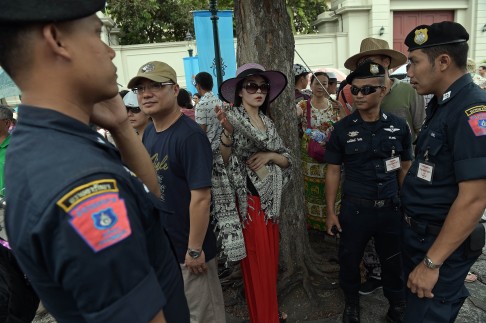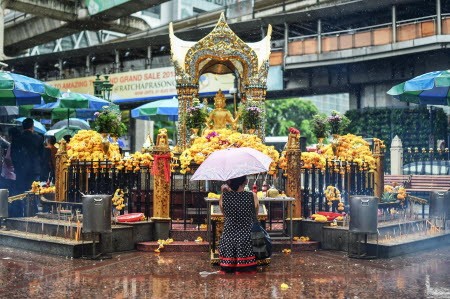Situation under control: Ministry
WIRAJ SRIPONG
THE NATION August 19, 2015 1:00 am

THE FOREIGN Ministry assured foreign diplomats yesterday that the government was able to handle the situation after the deadly blast on Monday night.
"I invited members of the diplomatic corps. This is an explanation session," said Norachit Sinhaseni, the Foreign Ministry's permanent secretary.
The meeting with foreign diplomats was held yesterday after Monday evening's bomb blast.
At least 20 people, including foreigners, were killed.
Norachit added that he had not gone into details regarding the investigation into the bombing, as it was being conducted by security officials and he was not in a position to elaborate.
He said he had instructed all Thai embassies and consulates worldwide to provide details about measures taken by the government regarding the investigation and assistance provided to the victims.
"The Foreign Ministry is here to coordinate and facilitate, in case foreigners are victims of this incident," Norachit said, adding that the Justice and Tourism and Sports Ministries would be responsible for compensation.
Close monitoring
The permanent secretary also said the Tourism and Sports Ministry had set up a war room to closely monitor the situation.
"So far, the government has not declared a state of emergency," Norachit said, adding that none of the foreign embassies had asked for additional security.
Norachit added that the Foreign Ministry would regularly issue statements to keep the foreign community apprised of the situation.
He also said he felt the capital was still safe for tourists.
As for a question posed by the foreign media as to whether the attackers aimed to hurt the tourism industry, Norachit said he was not in a position to make a conclusion on the matter.
Meanwhile, Anusorn Chaiaksornwet, a political scientist at Walailak University, said: "The reasons behind the attack are still inconclusive. The general public should be cautious and well aware while taking in information, especially from social media."
He added that from this moment on, all government agencies should be coordinated when providing information to the general public.
"Being coordinated and regularly informing the public and all stakeholders will help rebuild trust among locals and foreigners," he said.
Anusorn also emphasised that declaring a state of emergency would not improve the situation.
Yesterday, some 108 representatives from 76 countries and 10 international organisations attended the Foreign Ministry's briefing. The ministry has set up hotline numbers: (02) 644 7245/(02) 643 5522/ (085) 065 9927.



